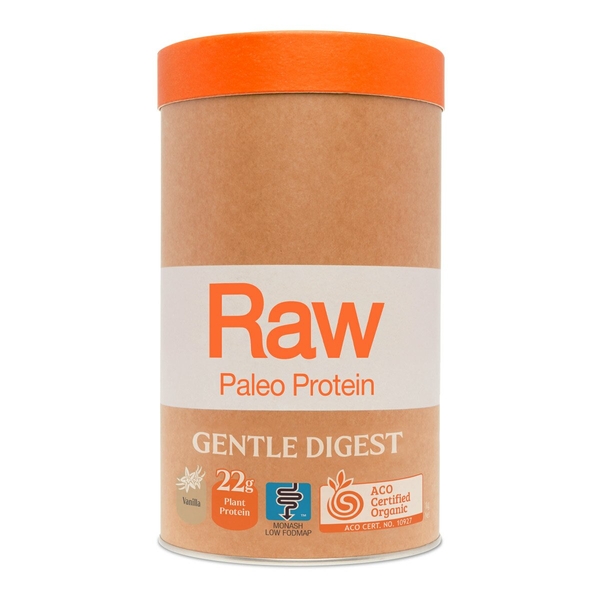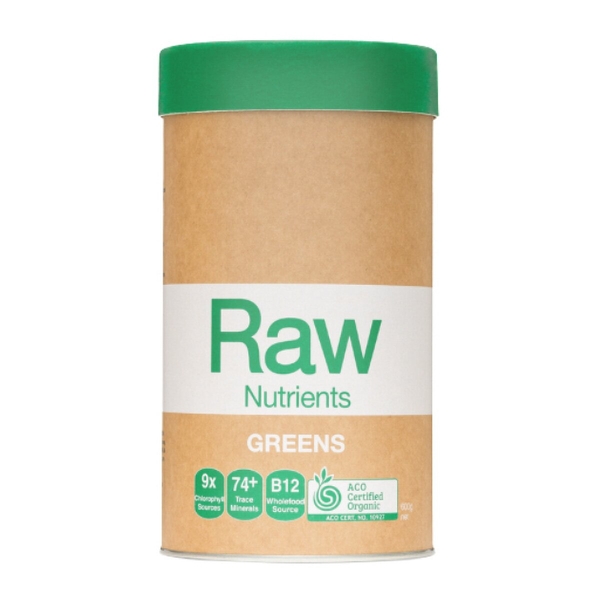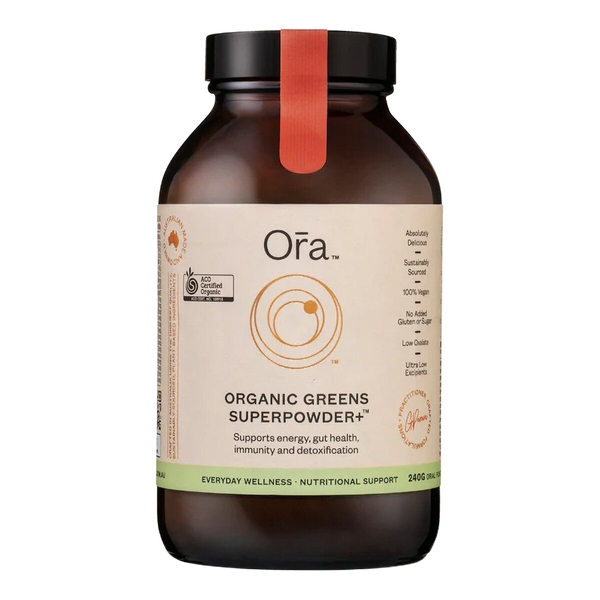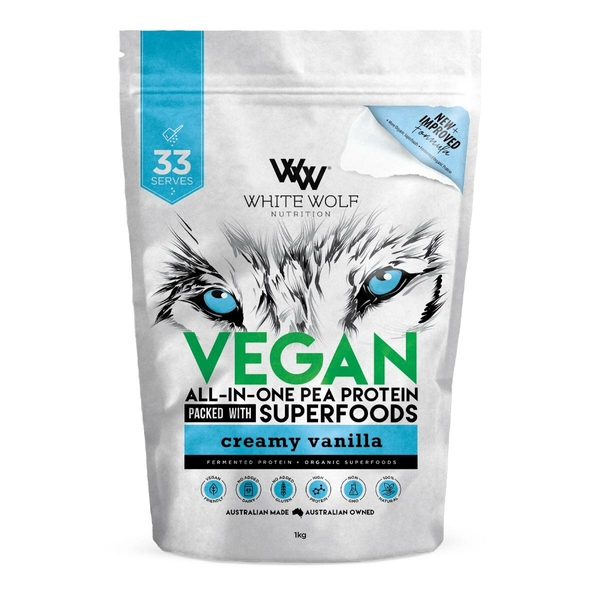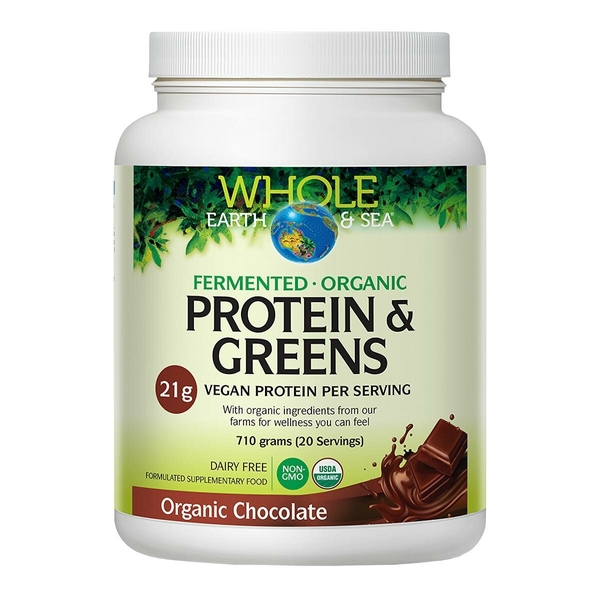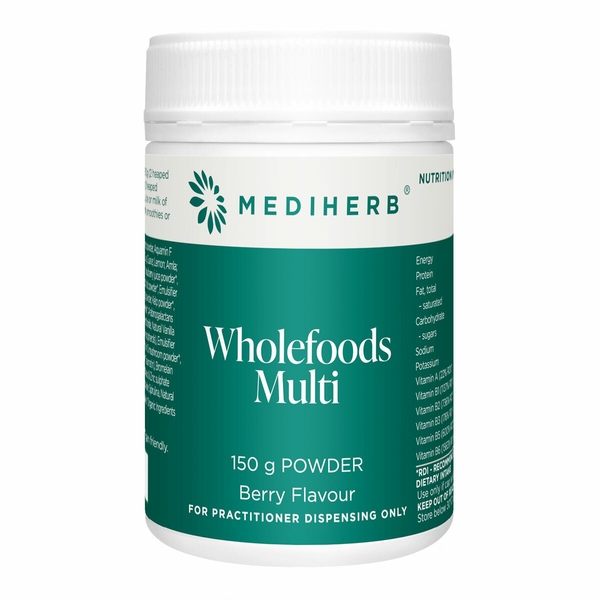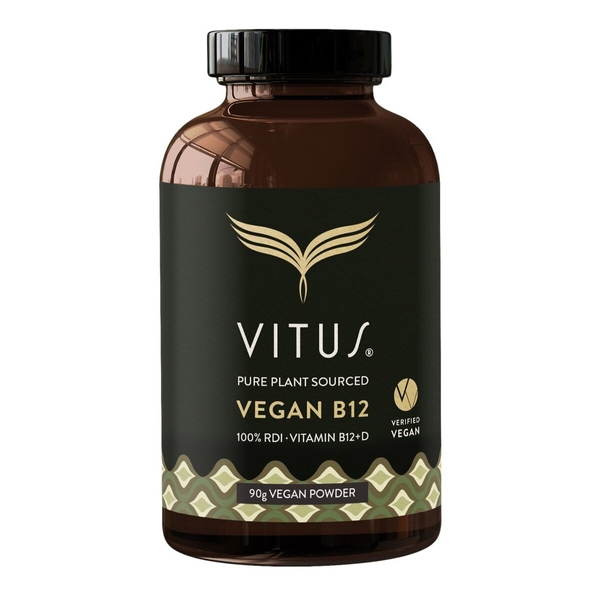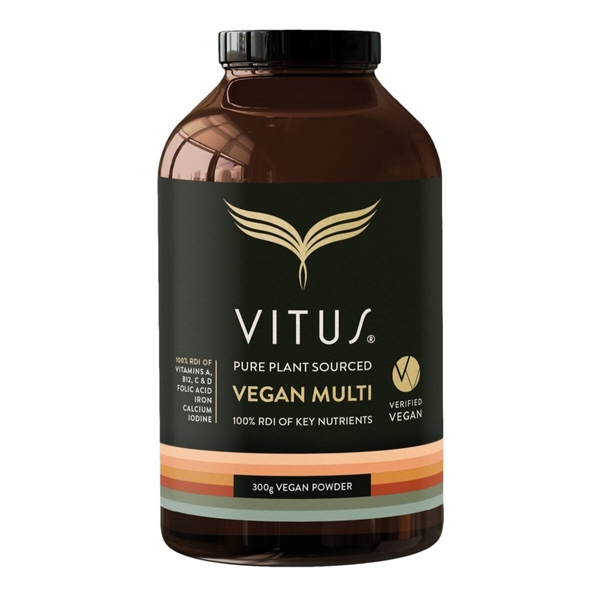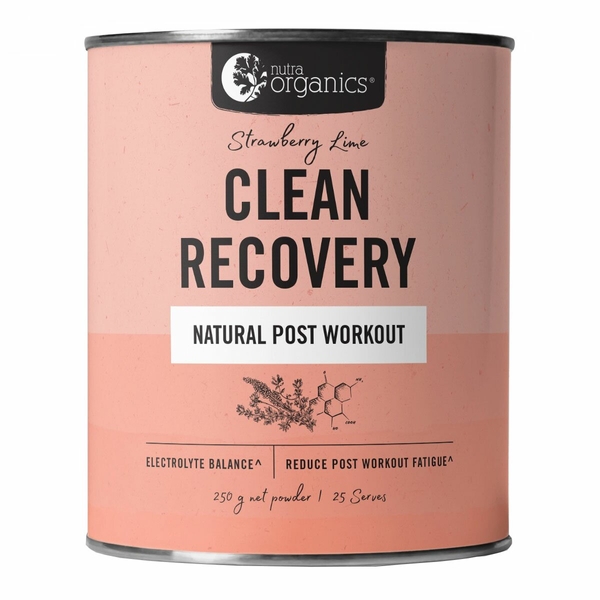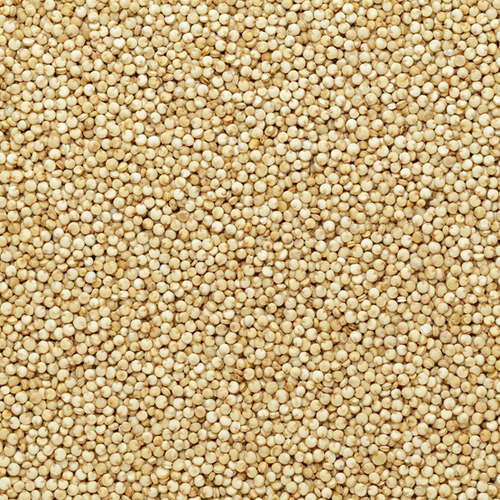
Quinoa
Scientific names: Chenopodium quinoa
Family: Chenopodiaceae/Amaranthaceae
Alternate names: Ajara, Ansérine, Ansérine du Pérou, Arroz del Perú, Chénopode Quinoa, Mjölmålla, Petit Riz, Petit Riz du Pérou, Quingua, Quinua, Reismelde, Riz du Pérou
Actions: Satiety, Triglyceride-lowering
Background
Quinoa is a plant. The seed of quinoa is eaten like a grain, like wheat. However, it is not a true grain. Quinoa contains higher amounts of protein compared to true grains. It does not contain any gluten.
People take quinoa by mouth for high levels of blood fats called triglycerides and cholesterol, pain, urinary tract infections, and weight loss.
In foods, quinoa is used to make flour, soups, and beer. Quinoa is also used in foods to replace grains like wheat for people who need to avoid gluten, like those with celiac disease.
People take quinoa by mouth for high levels of blood fats called triglycerides and cholesterol, pain, urinary tract infections, and weight loss.
In foods, quinoa is used to make flour, soups, and beer. Quinoa is also used in foods to replace grains like wheat for people who need to avoid gluten, like those with celiac disease.
Safety Safety definitions
When taken by mouth: Quinoa is LIKELY SAFE when eaten as a food. There isn't enough reliable information available to know if quinoa is safe to use in larger amounts as a medicine or what the side effects might be. Some people are allergic to quinoa.
Allergy to other foods used as grains: Quinoa may cause an allergic reaction in people who are sensitive to foods used as grains, such as buckwheat, wheat, and rice. If you have allergies to grains, be sure to check with your healthcare provider before using quinoa.
Special Precautions & Warnings:
Pregnancy and breast-feeding: There isn't enough reliable information to know if quinoa is safe to use when pregnant or breast-feeding. Stay on the safe side and avoid use of amounts higher than those found in food.Allergy to other foods used as grains: Quinoa may cause an allergic reaction in people who are sensitive to foods used as grains, such as buckwheat, wheat, and rice. If you have allergies to grains, be sure to check with your healthcare provider before using quinoa.
Effectiveness
NatMed Pro rates effectiveness based on scientific evidence according to the following scale: Effective, Likely Effective, Possibly Effective, Possibly Ineffective, Likely Ineffective, Ineffective, and Insufficient Evidence to Rate.
Insufficient evidence Effectiveness definitions
- Obesity. Early research suggests that eating quinoa does not help to lower blood sugar, blood fats, or blood pressure in overweight men.
- Health problems after menopause. Early research suggests that eating quinoa does not help to lower blood sugar or blood fats in postmenopausal women.
- Celiac disease.
- High levels of a blood fat called triglyceride.
- Insect repellent.
- Pain.
- Urinary tract infection.
- Weight loss.
- Other conditions.
Dosing & administration
The appropriate dose of quinoa depends on several factors such as the user's age, health, and several other conditions. At this time there is not enough scientific information to determine an appropriate range of doses for quinoa. Keep in mind that natural products are not always necessarily safe and dosages can be important. Be sure to follow relevant directions on product labels and consult your pharmacist or physician or other healthcare professional before using.
Interactions with pharmaceuticals
It is not known if this product interacts with any medicines.
Before taking this product, talk with your health professional if you take any medications.
Before taking this product, talk with your health professional if you take any medications.
Interactions with herbs & supplements
There are no known interactions with herbs and supplements.
Interactions with foods
There are no known interactions with foods.
Action
Eating quinoa might make people feel fuller than wheat or rice. Eating quinoa might also decrease post-meal levels of blood fats called triglycerides compared to eating bread.
Products
View all productsPer 30 g (Vanilla):
- Quinoa powder
- Golden pea protein (sprout) bio-fermented
- Plukenetia volubilis (Sacha Inchi protein)
- Arthrospira platensis (Spirulina)
- Spinacia oleracea (Spinach)
- Sweet potato powder
- Cucurbita pepo (seed)
- Sunflower seed
- Linum usitatissimum (seed) (Flaxseed)
- Millet
- Chia (seed)
- Molasses (Cane juice)
- Ananas comosus (Bromelain)
- Acacia sp. (gum)
- Stevia rebaubiana
- Natural flavours
- Medicago sativa
- Pouteria lucuma (fruit) powder
RRP: $75.94$53.16Save: 30%
Create account
Per 5 g:
- Quinoa (sprout) powder
- Arthrospira platensis (Spirulina)
- Chlorella pyrenoidosa powder
- Wheatgrass powder
- Hordeum vulgare (leaf) powder
- Urtica dioica (leaf) powder
- Brassica oleracea var. acephala (leaf) powder (Kale)
- Spinacia oleracea (Spinach)
- Artichoke inulin
- Ananas comosus (Pineapple)
- Malus (Apple)
- Citrus limon (Lemon)
- Amaranth powder
- Sea mineral complex
- Taraxacum officinale ext.
- Silybum marianum ext.
- Rosmarinus officinalis ext.
- Opuntia ficus indica (cladode) (Prickly pear)
- Natural vanilla flavour
- Stevia rebaubiana (leaf) ext.
- Mint flavour
- Medicago sativa
- Brassica oleracea var. italica (sprout) powder
RRP: $134.95$94.47Save: 30%
Create account
Per 8 g:
- Quinoa (sprout) powder
- Arthrospira platensis (Spirulina) 1.68 g
- Wheatgrass powder 1.12 g
- Medicago sativa powder 160 mg
- Hordeum vulgare powder 160 mg
- Chlorella pyrenoidosa powder
- Spinacia oleracea (Spinach) 80 mg
- Brassica oleracea var. acephala (leaf) powder (Kale) 80 mg
- Brassica oleracea var. italica (sprout) powder
- Inulin (Dietary fibre)
- Pea (fibre) sprouted
- Lepidium meyenii (root) powder
- Saccharomyces cerevisiae (boulardii) (SB) 200 mg
- Tremella fuciformis powder 200 mg
- Pouteria lucuma (fruit) powder
- Oryza sativa (Brown rice protein)
- Lentinula edodes powder 160 mg
- Malpighia glabra powder 120 mg
- Grifola frondosa powder 80 mg
- Schisandra chinensis powder 80 mg
- Stevia rebaubiana
- Beta vulgaris (root) powder (Beetroot)
- Daucus carota juice dry
- Davidson plum powder
- Backhousia citriodora (leaf) powder
- Kakadu plum powder 80 mg
- Banana resistant starch powder
- Tasmannia lanceolata powder
- Citrus australasica
RRP: $69.95$59.46Save: 15%
Create account
Per 5 g:
- Quinoa (sprout) powder
- Passiflora incarnata
- Melissa officinalis
- Chamomilla spp.
- Fragaria ananassa (Strawberry)
- Vaccinium corymbosum
- Daucus carota powder (Carrot)
- Oryza sativa (green hull) ext.
- Natural flavours
- Mushroom powder
- Thaumatin
- Beta vulgaris (root) powder (Beetroot)
- Sea salt
- Bambusa arundinacea (stem)
- Blue spirulina
RRP: $44.95$37.31Save: 17%
Create account
Per 30 g (Creamy Vanilla):
- Quinoa powder
- Pea protein isolate
- Vaccinium corymbosum powder
- Rubus idaeus powder
- Euterpe oleracea (berry) ext. (Acai)
- Medium chain triglycerides (MCT)
- Natural flavours
- Linum usitatissimum (seed) (Flaxseed)
- Plantago ovata (husk) (Psyllium)
- Sunflower seed
- Amaranth powder
- L-leucine
- L-isoleucine
- L-valine
- L-glutamine
- Levocarnitine (L-carnitine)
- Stevia rebaubiana
- Fagopyrum esculentum powder
1 kg Creamy Vanilla
RRP: $79.99$70.39Save: 12%
Create account
Per 35.5 g (Chocolate):
- Quinoa powder
- Pea protein concentrate
- Oryza sativa (Rice protein)
- Hordeum vulgare
- Wheatgrass powder
- Amaranth powder
- Medicago sativa
- Malus (Apple)
- Vaccinium corymbosum
- Vaccinium macrocarpon
- Daucus carota powder (Carrot)
- Coriandrum sativum
- Petroselinum crispum
- Cynara scolymus
- Raphanus raphanistrum (Wild radish)
- Taraxacum officinale
- Brassica oleracea var. acephala (leaf) powder (Kale)
- Apium graveolens
- Beta vulgaris
- Spinacia oleracea (Spinach)
- Lycopersicon esculentum (Tomato)
- Brassica oleracea var. italica
- Armoracia rusticana
- Brassica oleracea var. viridis
- Nasturtium officinale
- Ocimum basilicum
- Piper nigrum
- Mentha spicata
- Theobroma cacao (Cocoa powder)
- Natural flavours
- Malpighia glabra ext. dry
- Cordyceps sinensis
- Ganoderma lucidum
- Lentinula edodes
- Grifola frondosa
- Trametes versicolor
- Cannabis sativa (seed) powder
- Agaricus subrufescens
- Stevia rebaubiana
RRP: $64.96$58.47Save: 10%
Create account
Per 10 g (Berry):
- Quinoa powder
- Beta vulgaris powder
- Lithothamnion tophiforme (Red algae)
- Phyllanthus emblica
- Glycine
- Curry leaf extract
- Psidium guajava (Guava)
- Citrus limon (Lemon)
- Ocimum tenuiflorum
- Bixa orellana
- Soy lecithin
- Aristotelia chilensis (Maqui berry)
- Adansonia digitata (Baobab)
- Choline bitartrate
- Rosa canina powder
- Laminaria digitara (Kelp)
- Amaranth powder
- Millet (sprout)
- Larix spp.
- Coconut water powder
- Cysteine hydrochloride
- Natural vanilla flavour
- Citrus bioflavonoids extract
- Tocopherols concentrate - mixed (Vitamin E)
- Inositol
- Natural blackcurrant flavour
- Mushroom powder
- Ascorbic acid (Vitamin C)
- Thaumatin
- Ananas comosus (Bromelain)
- Magnesium phosphate tribasic
- Zinc sulphate monohydrate
- Arthrospira platensis (Spirulina)
- Sodium molybdate
- Citric acid anhydrous
- Natural raspberry flavour
- Natural cranberry flavour
- Chlorella vulgaris powder
- Stevia rebaubiana
- Fagopyrum esculentum powder
- Salvia hispanica (seed) powder
Practitioner product
RRP: $39.95$33.96Save: 15%
No longer stocked by vital.ly
Create account
Per 10 g:
- Quinoa (sprout) powder
- Golden pea protein
- Oryza sativa (Brown rice protein)
- Arthrospira platensis (Spirulina)
- Brassica oleracea var. italica (Broccoli)
- Spinacia oleracea (Spinach)
- Brassica oleracea var. acephala (leaf) powder (Kale)
- Linum usitatissimum (seed) flour (Flaxseed)
- Pumpkin powder
- Sweet potato powder
- Laminaria digitara (Kelp)
- Chlorella pyrenoidosa powder
- Chia (seed)
- Sunflower seed
- Fucoidan ext. (Brown seaweed)
- Curry leaf extract
- Grifola frondosa (fruiting body)
- Lentinula edodes (fruiting body)
- Calcified lithothamnion (Red algae)
RRP: $69.95$59.46Save: 15%
No longer stocked by vital.ly
Create account
Per 5 g:
- Quinoa (sprout) powder
- Artichoke inulin 1.3 g
- Oryza sativa (Brown rice protein fermented)
- Lactobacillus acidophilus
- Lactobacillus plantarum
- Lactobacillus rhamnosus
- Bifidobacterium lactis
- Bifidobacterium longum
- Adansonia digitata (Baobab)
- Mesquite (pod) powder
- Pouteria lucuma (fruit) powder
- Mung bean (sprout)
- Red lentil (sprout)
- Chickpea (sprout)
- Linum usitatissimum (seed sprout) (Flaxseed)
- Millet (sprout)
- Natural flavours
- Medicago sativa
- Stevia rebaubiana (leaf)
RRP: $39.95$27.96Save: 30%
Discontinued by Amazonia
Create account
Per 10 g (Strawberry Lime):
- Quinoa (sprout) powder
- L-glutamine
- L-leucine
- L-isoleucine
- L-valine
- Fragaria ananassa (Strawberry) 2 g
- Citrus aurantiifolia (Lime) 1.6 g
- Arctic sea algae
- Sea salt
- Beta vulgaris (root) powder (Beetroot)
- Sunflower seed extract
- Withania somnifera
- Thaumatin
- Natural flavours
RRP: $56.95$47.27Save: 17%
Discontinued by Nutra Organics
Create account
vital.ly has licensed monographs from TRC Healthcare.
This monograph was last reviewed on 30/03/2023 11:00:00 and last updated on 26/12/2021 22:43:11. Monographs are reviewed and/or updated multiple times per month and at least once per year.
Natural Medicines disclaims any responsibility related to medical consequences of using any medical product. Effort is made to ensure that the information contained in this monograph is accurate at the time it was published. Consumers and medical professionals who consult this monograph are cautioned that any medical or product related decision is the sole responsibility of the consumer and/or the health care professional. A legal License Agreement sets limitations on downloading, storing, or printing content from this Database. No reproduction of this monograph or any content from this Database is permitted without written permission from the publisher. It is unlawful to download, store, or distribute content from this site.

